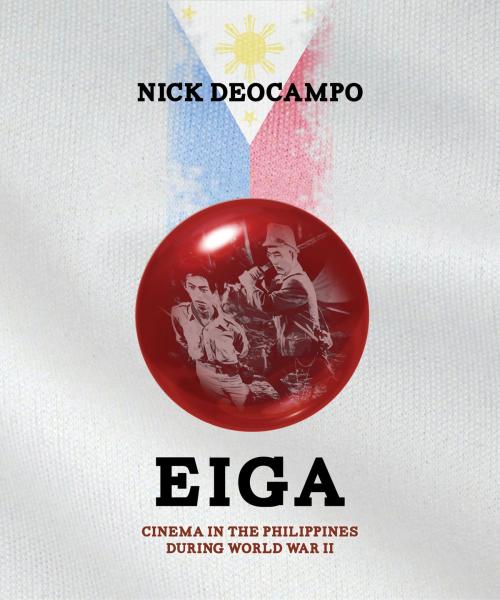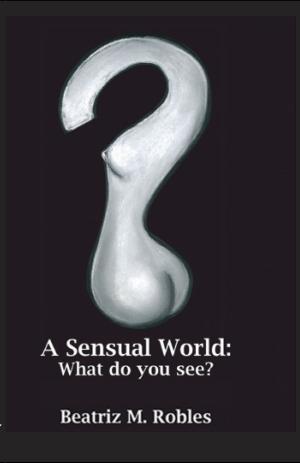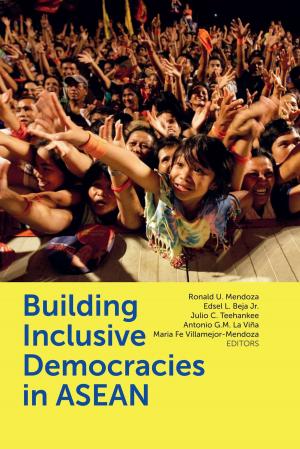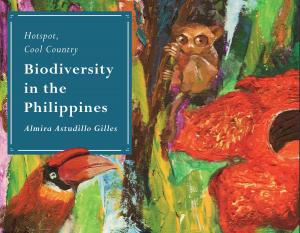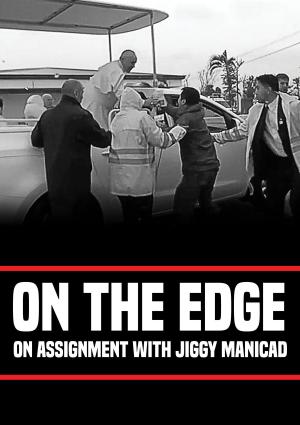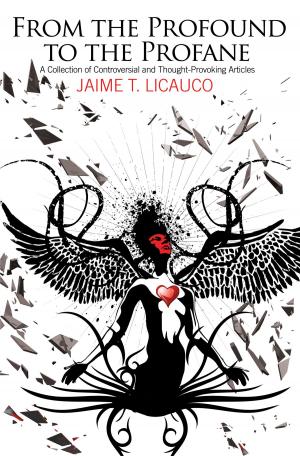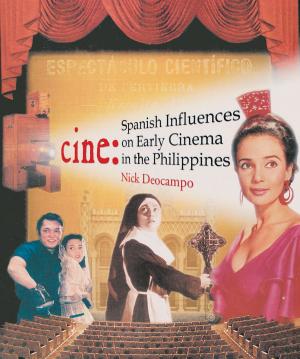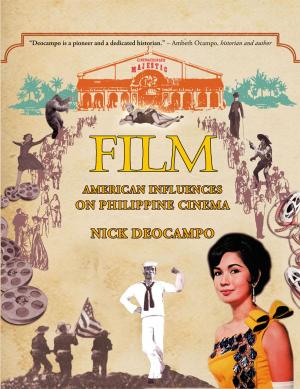EIGA
Cinema in the Philippines During World War II
Nonfiction, Entertainment, Film, History & Criticism, Performing Arts| Author: | Nick Deocampo | ISBN: | 9786214200832 |
| Publisher: | Anvil Publishing, Inc. | Publication: | November 25, 2016 |
| Imprint: | Language: | English |
| Author: | Nick Deocampo |
| ISBN: | 9786214200832 |
| Publisher: | Anvil Publishing, Inc. |
| Publication: | November 25, 2016 |
| Imprint: | |
| Language: | English |
Nick Deocampo’s continuing film saga investigates on its third volume how World War II affected the growth of cinema in the Philippines (1942-1945). Revealed in the book is a vast wealth of information about Japanese wartime manipulation of motion pictures that would only lead to the inglorious end of the colonial film cycle at war’s conclusion. This valuable construction of the country’s wartime film history uncovers significant intellectual efforts made by Japanese film critics and film artists who formed the Propaganda Corps assigned to the country.
They conceived for Filipinos a “national” identity for their cinema, even while this was wrapped in a fascist, colonial, and militaristic context. Seventy years after the end of World War II, Deocampo triumphs over trauma and forgetfulness as he revisits the wartime period and its cinema. He provides a landmark contribution to historical memory as he uncovers one of the bleakest moments in Philippine film history.
Nick Deocampo’s continuing film saga investigates on its third volume how World War II affected the growth of cinema in the Philippines (1942-1945). Revealed in the book is a vast wealth of information about Japanese wartime manipulation of motion pictures that would only lead to the inglorious end of the colonial film cycle at war’s conclusion. This valuable construction of the country’s wartime film history uncovers significant intellectual efforts made by Japanese film critics and film artists who formed the Propaganda Corps assigned to the country.
They conceived for Filipinos a “national” identity for their cinema, even while this was wrapped in a fascist, colonial, and militaristic context. Seventy years after the end of World War II, Deocampo triumphs over trauma and forgetfulness as he revisits the wartime period and its cinema. He provides a landmark contribution to historical memory as he uncovers one of the bleakest moments in Philippine film history.
